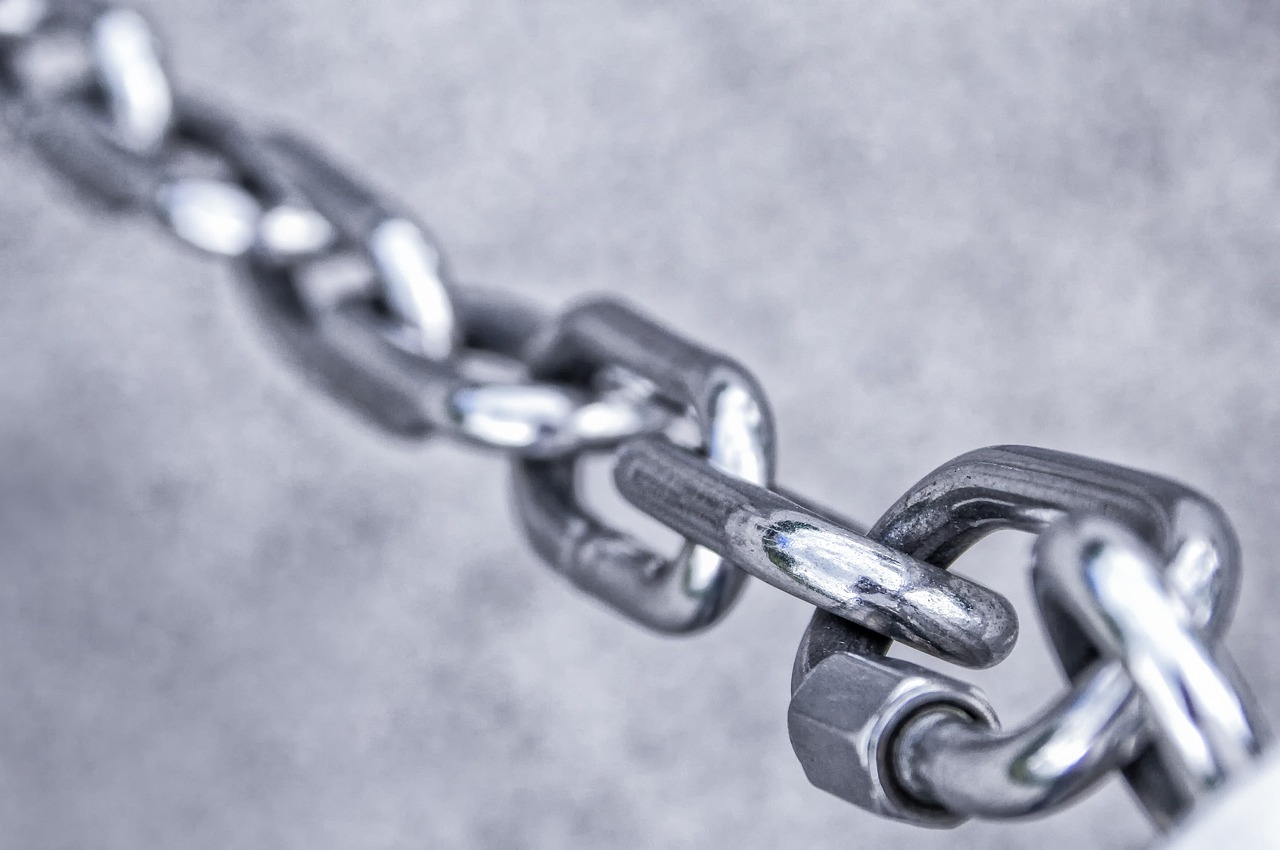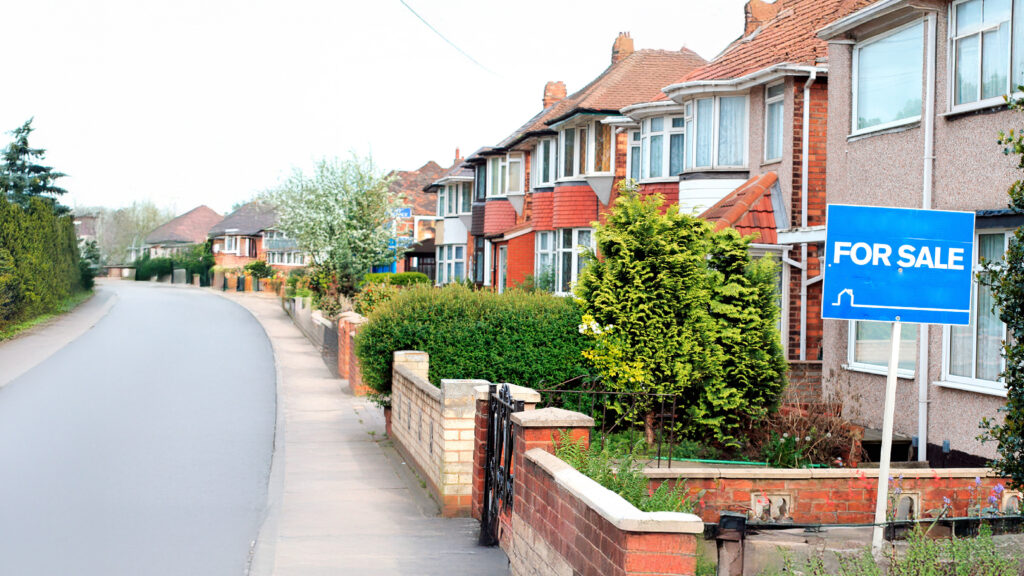
What Does No Chain Mean in Property?
If you’re a property owner or owner-to-be, you’ve no doubt heard the phrase “no chain”. It’s a buzzword that estate agents love to use, and with good reason – it can be a game-changer in property transactions. But what does no chain mean in property…and why does it matter?
This guide breaks it down, so you’ll know exactly why a chain-free property can make all the difference in a smoother, faster sale, and how to turn it to your advantage. We’ll be shedding light on chains, and we’ll be answering questions like:
- What is a property chain?
- Why is a chain-free property so appealing?
- What is the average property chain length in the UK?
- Who benefits from a no chain sale?
- How can you make the most of a chain-free sale?
What is a property chain?
A property chain is when several transactions are linked together — each buyer or seller is waiting on the others. For example, if you’re selling your home but need to buy another one first, and the person buying your home also needs to sell theirs, you’re part of a chain. It means everyone is dependent on everyone else’s sale going through, and if just one link in that chain breaks — due to a sale falling through for instance — the whole thing can collapse.
When a property has no chain, it means the sale isn’t dependent on any other transactions. The seller isn’t waiting to buy a new home, and there’s no one further up the line who could cause delays. It’s often the case with empty properties, such as those being sold by investors, landlords or sellers who have already moved out.
How can a property have no onward chain?
A property might be chain-free for plenty of reasons. For instance, perhaps the seller inherited the property and doesn’t need to buy a new home, making the sale independent of any further transactions. Similarly, the property may have been rented out to tenants, and the landlord is selling without needing to buy another property.
Sometimes a seller is moving to rented accommodation. Perhaps they’re relocating for work and want to get a feel for their new location before buying a place. This eliminates the need for them to buy a home at the same time.
Or perhaps the seller has already bought a new home, meaning they’re not relying on buying another home as part of the sale process.
Why is a chain-free property so appealing?
Property chains are notoriously fragile, and they’re responsible for 1 in 5 sales that fall through.
It’s a domino effect: If one link in the chain breaks it can cause multiple transactions to collapse. Being part of a chain can be exceptionally stressful because you’re reliant on other people’s transactions progressing smoothly.
Chain-free properties cut out a lot of the waiting and worry. There’s no one else involved to slow things down, which means the sale can go through quicker and with less chance of something going wrong. If you need to sell quickly, a chain-free property can be a big plus. You’re not waiting for someone else’s deal to go through, so the whole process can be more straightforward.
Why do property chains break?
There’s a whole host of reasons why a property chain can break, including:
- Finances falling through
- Issues revealed on the survey
- Gazumping or gazundering
- Legal issues
- A change in circumstances.
Each of these challenges can put pressure on the chain, often causing long delays, which can in itself lead to chain breaks.
What is the average property chain length in the UK?
Property chains come in all shapes and sizes. Some are relatively short, with just three links, while others can be far longer, with more than 10 links. On average, moving house in the UK takes between 3 to 6 months from start to finish. However, the longer and more complex the property chain, the more likely it is to stretch that timeline.
The number of people in the chain isn’t always the biggest issue though. A shorter chain can move quickly if everything goes smoothly, while even a smaller chain could experience delays if there are legal or financial hiccups along the way. So while it’s common to expect a few months for completion, keep in mind that a larger chain often means more potential for hold-ups.
Who benefits from a no chain sale?
Sellers love chain-free sales too. If you need to move quickly or just want a stress-free sale, being out of the chain reduces the risk of delays or the sale collapsing altogether. It may mean you can command a higher price than those sellers in a chain too.
Buyers who want to avoid the hassle of a long, drawn-out process love chain-free properties. First-time buyers and downsizers often look for them to keep things simpler.
Investors and cash buyers for houses are attracted to chain-free properties as well, because they know it means fewer complications and a quicker purchase.
How to make the most of a chain-free sale
You’re already ahead of the game if you’ve set your sights on a property that’s chain free. Still, you need to remain organised. Get your finances sorted, make sure your mortgage is in place (if needed), and have your legal documents ready to go. This way, you can take full advantage of the quicker, smoother process.
For sellers, marketing your property as chain-free is a huge selling point. Highlight it in your listings and work with your estate agent to promote the fact that buyers won’t have to deal with complicated chains.
A smoother, faster process
So, no chain usually means fewer headaches, faster sales and less risk of the deal falling apart. In other words, a chain-free property makes the whole process much smoother.
If you want to sell your house fast and skip the complications of a property chain, Sell House Fast is here to help. We buy any house, whether it’s in a chain or not, but with a chain-free property, the sale is often even quicker.
Get your free cash offer today and see how we can help you move forward without the hassle.


